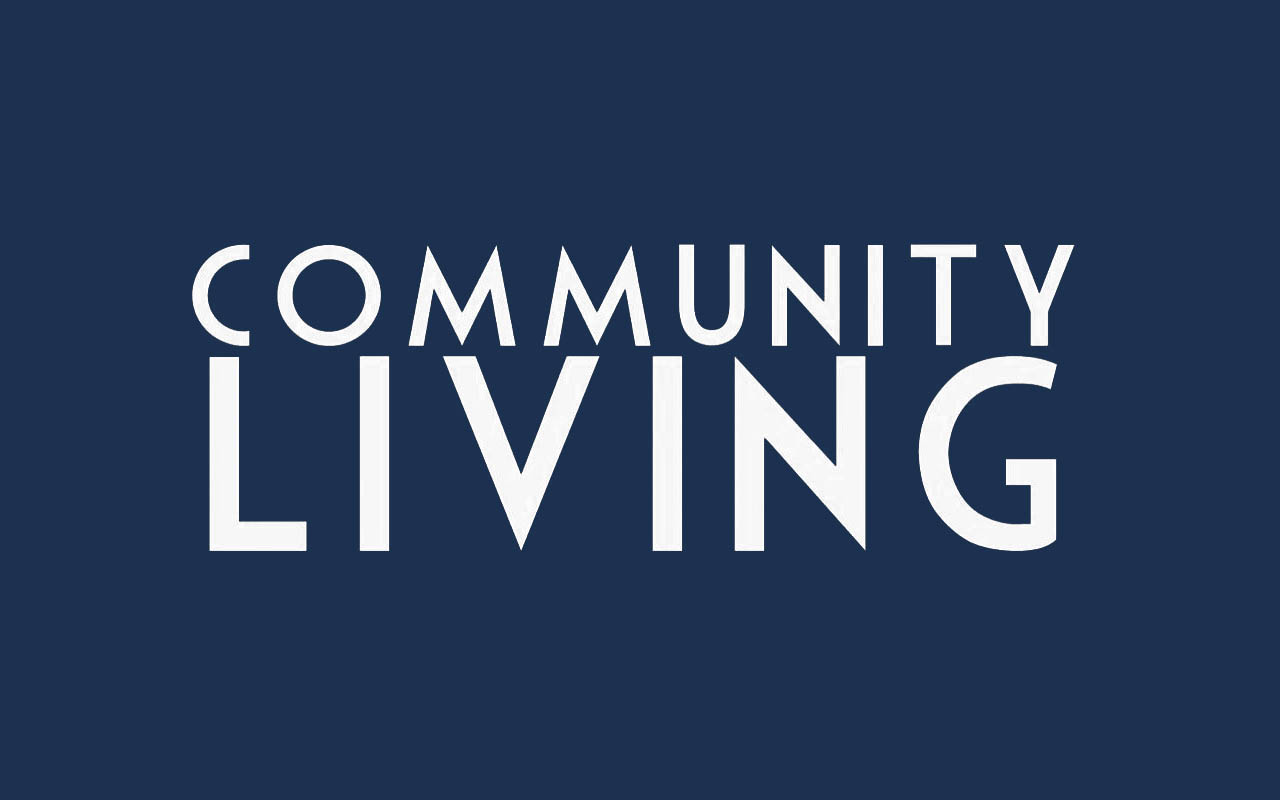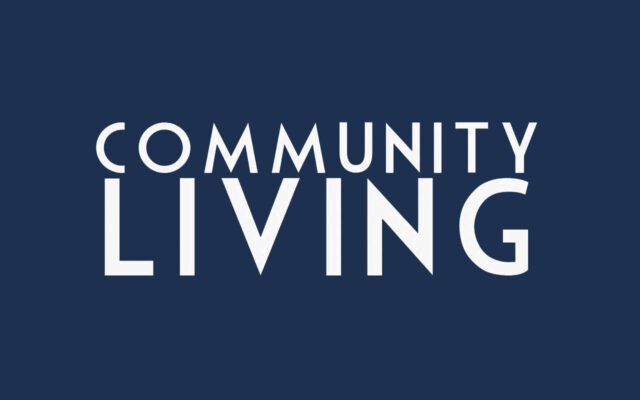Drawing on lived experience could help change attitudes to disability, and an empathetic approach could be used to understand perspectives.
Self-advocacy versus prejudice
Robinson S, Newman C, Idle J et al. How do self‐advocates use community development to change attitudes to disability? British Journal of Learning Disabilities. 11 July 2023.
This study asked the question: how do self‐advocacy groups work to change community attitudes, which are predominantly negative towards people with intellectual disabilities?
The researchers adopted a human rights model of disability that makes evident the roles of government and the law.
They make the case for changing attitudes using a community development approach called the cycle of praxis to frame how these groups facilitate change in community attitudes.
The cycle of praxis prioritises lived experience – in this case, that of a group of self-advocates. It is
“a cycle of experience, learning and reflection, synthesis and planning, and implementation and review”.
Analysis was carried out involving people with roles in advocacy, community, business, government and academia. Fieldwork interviews focused on understanding the conditions needed to change attitudes towards disability.
People with intellectual disability participated, with material adapted to their needs.
The analysis identified how acting on findings from lived experience and the practices of self-advocacy groups could bring about changes in community attitudes.
It concluded that government investment in self-advocacy could spark such changes on a wider scale.
Empathy to understand
Skarsaune SN. Persons with profound and multiple learning disabilities as subjects of knowledge: Exploring the possibilities of empathy. British Journal of Learning Disabilities. 31 July 2023.
People with profound and multiple learning disabilities (PMLD) are isolated from research opportunities and having an impact on society.
Their needs are complex and they often rely on others to infer their wants and expressions. Taking part fully in society is complex for them as verbal communication is limited.
This study investigated how the perspectives of those with PMLD could be identified through the use of empathy.
Three people with PMLD (Erik, Karen and Vera) took part in an ethnographic study looking at their
lived experience. Ten professionals involved in their care needs facilitated the study, with evidence gathered over 3-4 months.
Researchers analysed the relational dynamic of empathy; they described the actions of the professionals and the emotional responses of those with PMLD to these actions.
This was done through observing everyday activities, some of which were filmed.
The study included detailed descriptions of the relation between the person receiving services and the professional.
The study found that people with PMLD have competencies and ways of being “that might fuel empathy”. It suggested that if professionals allowed for the otherness of a person, empathy might contribute to recognising this often overlooked part of our population as “subjects of knowledge”.
This fascinating study shares the complexities of researching within this group.




